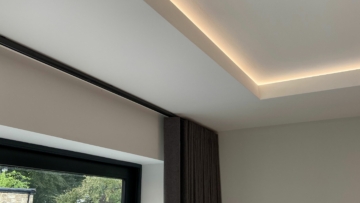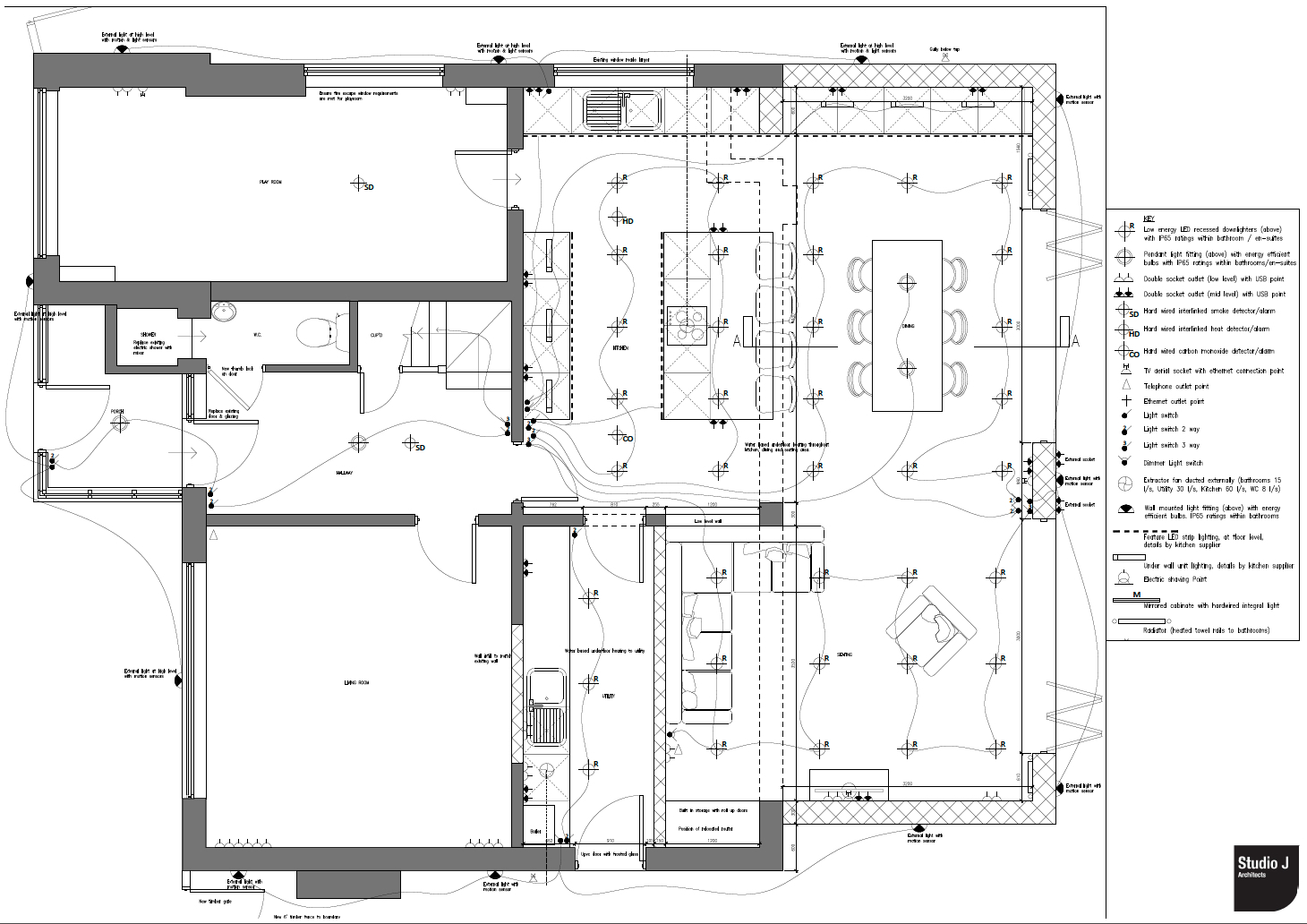
How can an Architect help me obtain reliable costs for my build project?
Construction cost calculations
This is the third in a series of articles which outlines the stages of a typical architectural project and explains the role and responsibilities your architect is likely to take on within each stage of the process. By now, you have navigated the planning permission and building regulations stages. Here, we explore the finer details of your project in the Detailed Design Development stage. In order to get cost calculations for your build.
The work of an architect can be varied in its complexity; from big picture thinking that delivers initial design concepts and ideas, through to detailed project management and administration of construction contracts.
Depending on the complexity of your project, your architect may meet with you just once before providing a set of initial design concept drawings. Following this, many clients require support to navigate the often legally required planning permission and building regulations stages (parts one and two of this blog series). Following this, the architect will often produce a developed design package – the theme of this article.
What happens at the detailed design stage?
At this stage, your architect will provide a detailed plan of your property with written notes and specifications.
The finished developed design package might be fairly basic or very comprehensive, depending on the complexity of your project. Ideally though, we recommend that it should feature as much detail about the completed building as possible. This is to reduce the risk of confusion and/or complications during construction.
What is generally included in the detailed design package?
The architect’s developed design drawings will show accurate setting out measurements and the precise location of power points, sockets, radiators, light switches and other fixtures and fittings. Material specifications will be provided with the architect’s notes and specific tasks will be delegated to the builder.
For example; the architect’s notes may instruct the builder to tile all four walls of the bathroom from floor to ceiling using the client’s chosen tile.
At this stage the client may invite other collaborators. These may include interior and/or kitchen designers; even AV technicians to provide technical specifications for specialist facilities such as cinema rooms.
Large scale or complex projects may also involve a quantity surveyor to quantify the entirety of materials, labour and equipment required for construction.

Why is the detailed design stage important ?
We recommend this work to our clients for several reasons, detailed below.
Establish reliable cost calculations
The more exhaustive this stage is, the closer the builder’s quote will be to the final project costs.
Using our earlier example; the builder can pair the amount of tiling required with the accurate measurements detailed on the architect’s drawings. This can be used to calculate the area of tiling required. In order to source an accurate price from a tiler. The same process is applied to every other material and trades person required, to produce a final quote.
Clarify the remit of the builder / contractors
The package provided by the architect at this stage of your project will clearly delegate work to the builder and any related trades employed on your site.
In our example; the architect’s notes state that the builder will tile all of the bathroom walls. Getting this finer detail agreed and written down before construction begins will mitigate the risk of any nasty surprises. Such as delays and unexpected costs once the build is underway.
Mitigate potential oversights and errors (and produce a formal contract with the builder)
A commitment to focus on the finer details of your building before work starts will focus your mind on a clear vision of the complete project.
The detailed design development process ensures that this vision is understood by the builder. All of this contributes towards a formal contract between you and the builder/contractor.
Drawing on the unbiased expertise and experience of an architect at this stage is likely to deliver a fair and swift process that mitigates any potential oversights and errors.
How do I choose a builder for my project?
Your architect can help you to select a builder and/or trades to construct your project.
A complete set of plans and documentation will be passed over to several builders shortlisted by the client. Most good architects can recommend trustworthy builders.
Your architect will be used to fielding queries from builders and will know which questions to ask them. This will ensure you get the best deal whilst reducing the likelihood of unexpected costs during construction.
Your architect can also coordinate the final part of your project. They would see it right through to completion by overseeing construction. Plus administering a contract between you (the client) and your builder.
Take a look at our post here for information on planning permission.


